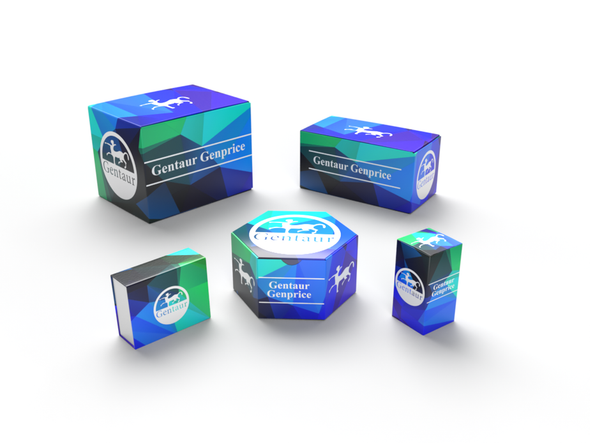BW
ARID1A monoclonal Antibody | MB62498
- SKU:
- BW-MB62498
- Availability:
- Usually ships in 5 working days
Description
ARID1A monoclonal Antibody | MB62498 | Gentaur UK, US & Europe Distribution
Host: Mouse
Reactivity: Human, Mouse, Rat
Application: WB
Application Range: WB 1:500
Background: This gene encodes a member of the SWI/SNF family, whose members have helicase and ATPase activities and are thought to regulate transcription of certain genes by altering the chromatin structure around those genes. The encoded protein is part of the large ATP-dependent chromatin remodeling complex SNF/SWI, which is required for transcriptional activation of genes normally repressed by chromatin. It possesses at least two conserved domains that could be important for its function. First, it has a DNA-binding domain that can specifically bind an AT-rich DNA sequence known to be recognized by a SNF/SWI complex at the beta-globin locus. Second, the C-terminus of the protein can stimulate glucocorticoid receptor-dependent transcriptional activation. It is thought that the protein encoded by this gene confers specificity to the SNF/SWI complex and may recruit the complex to its targets through either protein-DNA or protein-protein interactions. Two transcript variants encoding different isoforms have been found for this gene. [provided by RefSeq, Jul 2008]
Storage & Stability: PBS (PH 7.3) containing 1% BSA, 50% glycerol and 0.02% sodium azide.
Specificity: AT-rich interaction domain 1A
Molecular Weight: 241.9 kDa (Predicted)
Note: For research use only, not for use in diagnostic procedure.
Alternative Names: B120; BAF250; BAF250a; BM029; C1orf4; CSS2; ELD; MRD14; OSA1; P270; SMARCF1; hELD; hOSA1
Immunogen: Human recombinant protein fragment corresponding to amino acids 1986-2285 of human ARID1A (NP_006006) produced in E.coli.
Conjugate: Unconjugated
Modification: Unmodification
Purification & Purity: Purified from mouse ascites fluids or tissue culture supernatant by affinity chromatography (protein A/G)
Pathway: N/A






